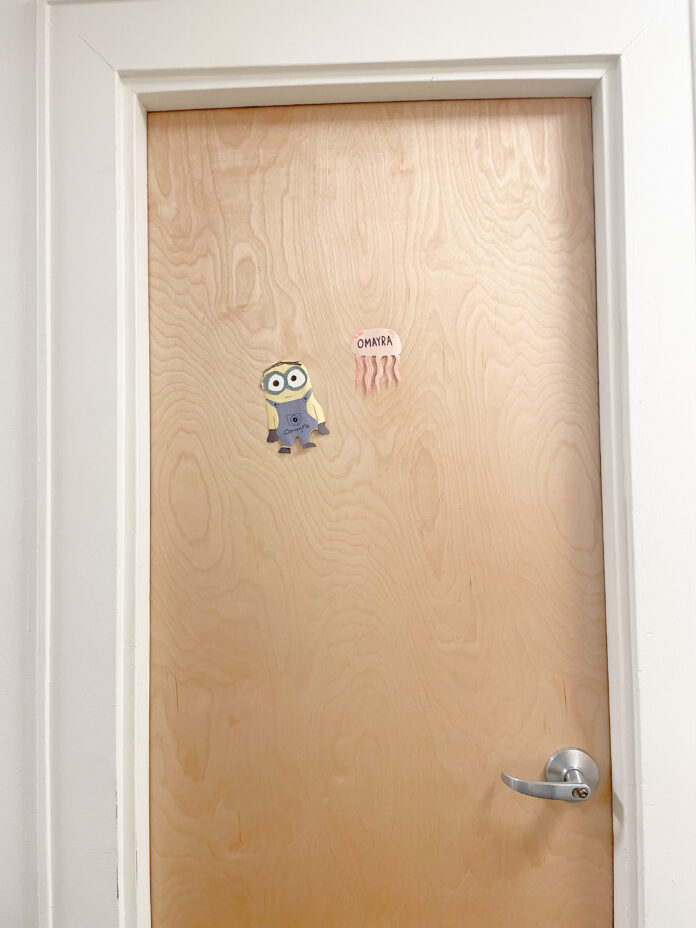Muhlenberg has been no exception to the nationwide staffing shortages plaguing the country. For the College, this has resulted in there being a shortage of plant operations staff; specifically housekeeping staff for both residence halls and academic buildings.
The housekeeping shortage is not a new issue. Joe Spirko, the housekeeping manager for plant operations, stated that “coming out of COVID we experienced the great resignation of workers. Some of these factors were leaving for higher pay, vaccine mandates and early retirement. The pressures of other higher paying positions in the area had the largest impact.” Muhlenberg has combated the worker shortage by increasing its benefits and offering new incentives to keep its current staff as well as to encourage new workers to come to campus. In addition to making numerous salary adjustments to remain competitive with other job offerings, Spirko noted that the College also “adopted a referral program where employees who refer to the hiring of a housekeeper are eligible for compensation.” These new programs seem to have worked; as of right now the College is almost fully staffed for full-time positions.
However, despite most of the positions being filled, Muhlenberg has still struggled to fill all of its third-shift openings. The third shift cleans academic buildings only, usually starting at 10 p.m. and working hard to keep the buildings clean for the next day of classes. With a shortage of available workers for these positions, the College has resorted to backfilling those jobs with overtime pay, with some housekeepers working double shifts.
Even though there has been some difficulty in hiring and retaining enough housekeeping staff, Muhlenberg Housing and Residence Life (HRL) is still confident that they can keep both residence halls and campus buildings clean. When asked, Spirko maintained that HRL has “had minimal complaints from the HRL Staff and only a few work orders for cleanliness in the buildings. Any concern is investigated and corrected as soon as possible.” In addition, there has been no change to the frequency at which residence halls are being cleaned; housekeeping still cleans each residence hall every weekday between 6:30 a.m. and 2 p.m..
However, students are not convinced that the housekeeping shortage has not affected dorm cleanliness. Sam Orme ‘26 said that “the dorms are not as clean as they used to be, and it seems like even when they are cleaned, they are still lacking thoroughness and attention to detail.”
Despite some complaints, HRL encourages students to help keep their residence halls clean to ease the burden on housekeeping staff and make their jobs easier, especially amidst staffing shortages. The best ways that students can help are by taking out their own trash and cleaning up after themselves in common areas. Should any issues with cleanliness arise, HRL asks that students report concerns immediately so they can be resolved quickly and ensure a pleasant residential experience for all students. Lastly, it is important to recognize that housekeeping staff are a part of the Muhlenberg community, and students are encouraged to learn their housekeeper’s name and personally thank them for their work.
Matthew '24 is a philosophy and political thought major on the pre-law track.






















